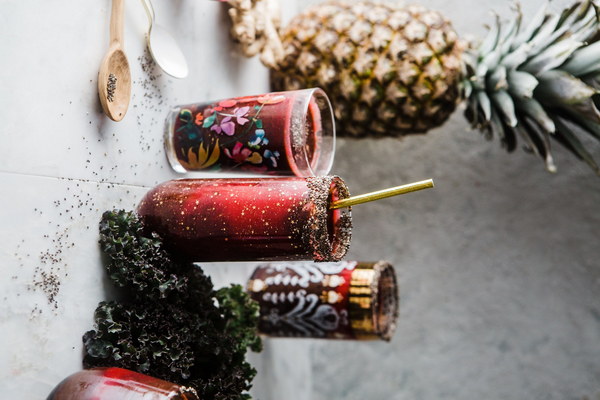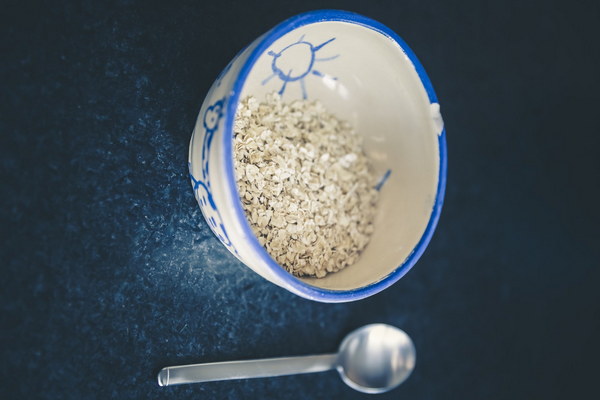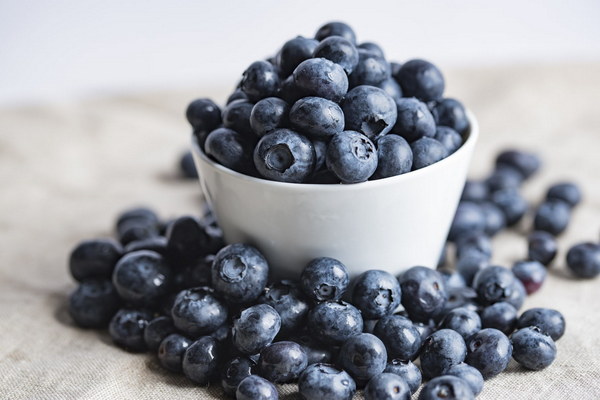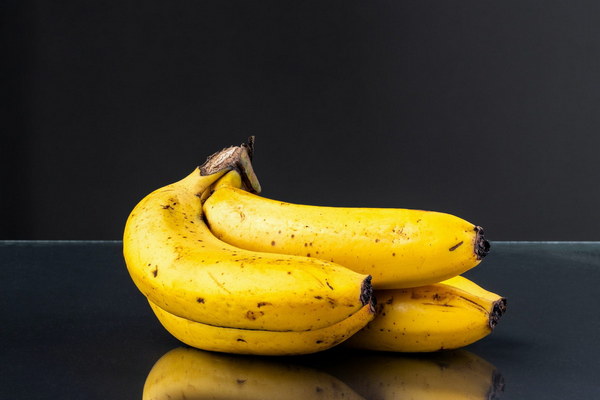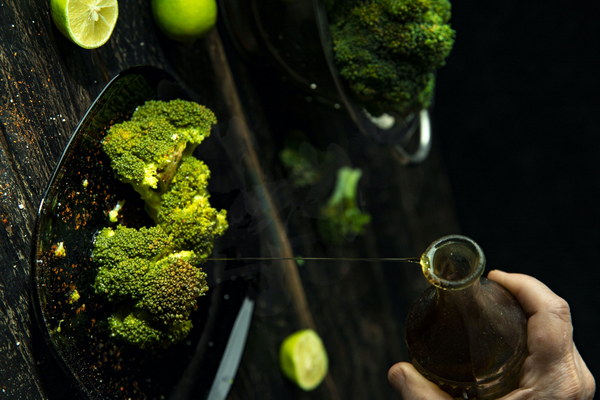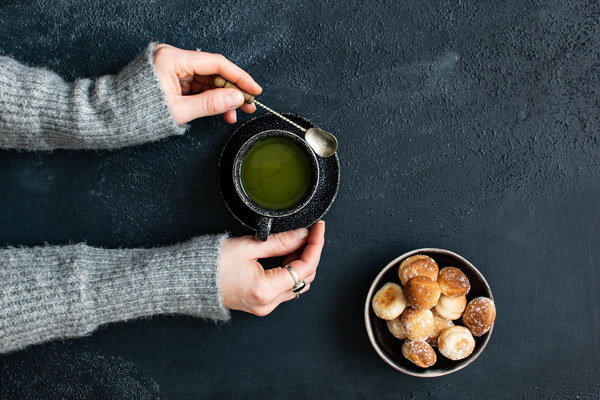Spicy Delights in the South How Eating Hot Spices Helps Exhale Dampness!
In the lush, humid regions of the southern part of China, a peculiar culinary phenomenon has taken root. People living in these areas have long believed that consuming spicy foods is an effective way to ward off dampness, a concept deeply rooted in traditional Chinese medicine. This article delves into the world of southern Chinese cuisine, exploring how the use of hot spices plays a crucial role in the daily lives of locals and how it benefits their health.
The essence of dampness in Chinese medicine is often characterized by symptoms such as fatigue, joint pain, and a sensation of heaviness. It is believed that dampness accumulates in the body due to the excessive consumption of cold and damp foods, or due to living in a humid environment. To counteract this, southerners turn to spicy foods, which are thought to help expel dampness and restore balance to the body.
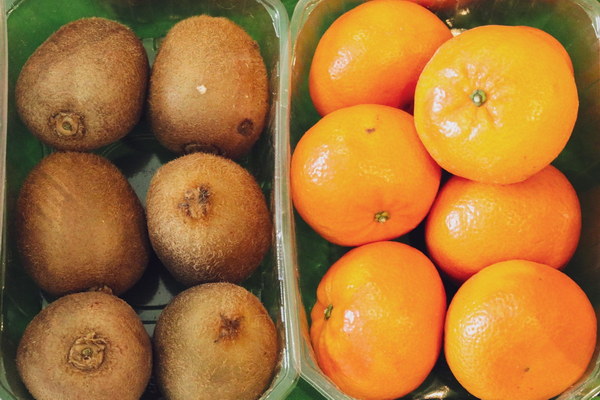
One of the most popular spicy dishes in southern China is the iconic Sichuan hotpot. This communal dish, known for its fiery broth and a myriad of spicy ingredients, is a staple in many households. The heat from the chili oil and Sichuan peppercorns not only numbs the tongue but also stimulates the body's circulation, promoting sweating and thereby aiding in the expulsion of dampness.
Another well-known spicy dish from the south is the famous Hunan beef. The dish is made with tender slices of beef stir-fried with an abundance of garlic, chili, and vinegar. The combination of these ingredients creates a mouth-numbing, savory sensation that is believed to drive dampness out of the body. The vinegar in the dish is particularly beneficial, as it is thought to help dissolve dampness and promote digestion.
In addition to these dishes, southerners often consume a variety of spicy snacks, such as pickled vegetables, chili oil, and spicy snacks. These snacks are not only flavorful but also packed with health benefits. The pickled vegetables, for instance, are made by fermenting vegetables with salt, vinegar, and chili, a process that not only preserves the vegetables but also enhances their nutritional value. The fermentation process also produces beneficial probiotics, which are essential for maintaining gut health.
The use of hot spices in southern Chinese cuisine also has a cultural significance. In many southern families, the act of eating spicy food is a way to show hospitality and strengthen family bonds. When guests arrive, hosts often serve up a feast of spicy dishes, ensuring that everyone feels welcomed and cared for. This tradition reflects the importance of community and the role of food in fostering connections.
From a scientific perspective, the belief in the efficacy of spicy foods to expel dampness may seem unfounded. However, recent research has suggested that there may be some truth to this traditional wisdom. Chili peppers, the primary source of heat in southern Chinese cuisine, contain capsaicin, a compound that has been shown to have numerous health benefits. Capsaicin can boost metabolism, increase thermogenesis, and even have anti-inflammatory properties. These effects may contribute to the body's ability to expel dampness and improve overall health.
In conclusion, the use of spicy foods in southern Chinese cuisine is not just a culinary delight but also a reflection of the region's cultural heritage and traditional medicine practices. While the concept of dampness may not be scientifically proven, the health benefits of consuming chili peppers and other spicy ingredients are well-documented. Whether you're a resident of the south or just visiting, savoring the fiery flavors of southern Chinese cuisine is sure to leave you feeling invigorated and ready to face the challenges of the humid climate. So, the next time you're in the south, don't be afraid to dive into the spicy world of Chinese cuisine – your body (and taste buds) will thank you!
